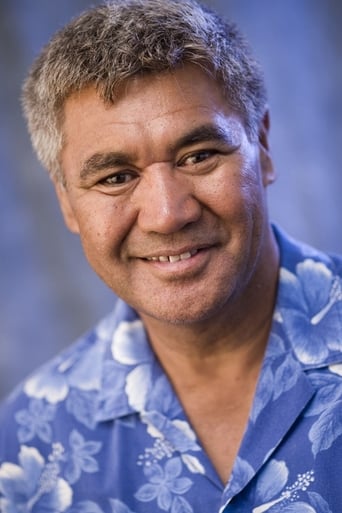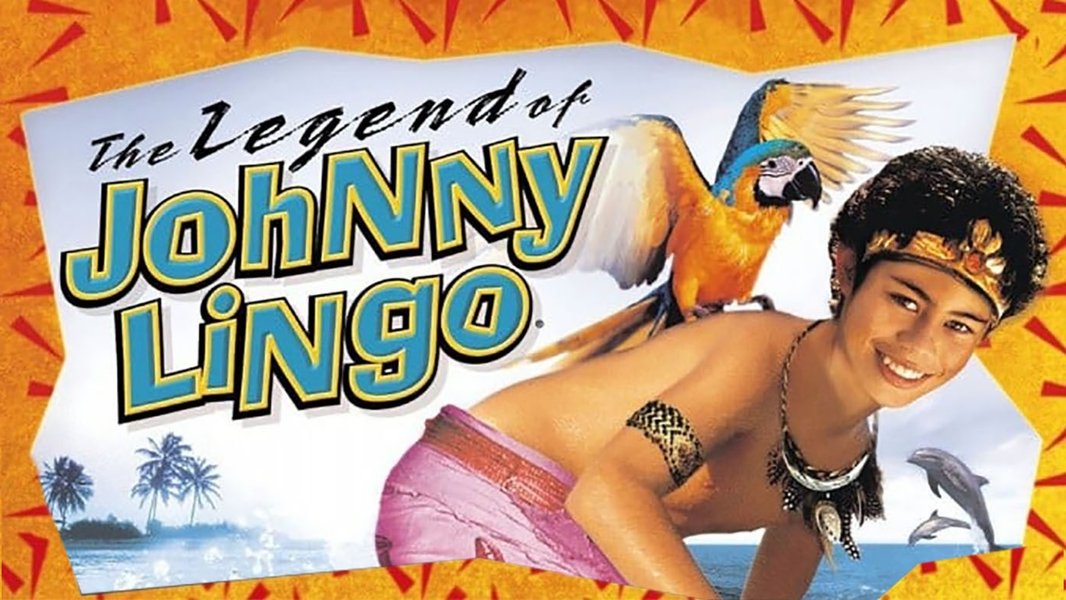

The cast includes: Joseph Ah Quin as Moki, Makee K. Johnny Lingo is distributed by The Church of Jesus Christ of Latter-day Saints. Each episode of Johnny Lingo is 26 minutes long. Johnny Lingo is recorded in English and originally aired in United States. It features Wetzel Whitaker as producer, and Robert Stum as head of cinematography. Running time: 91 MIN.Johnny Lingo is a television show that was first aired in 1970. Reviewed at Laemmle One Colorado Cinema, Pasadena, Nov. Screenplay, Riwia Brown, John Garbett, based on the story "Johnny Lingo's Eight Cow Wife" by Patricia McGerr.Ĭamera (color, Panavision widescreen), Allen Guilford editor, Steven Ramirez music, Kevin Kiner production designer, Rob Gillies art director, Roger Guise set dresser, Jennifer Ward costume designer, Jane Holland sound (Dolby Digital), Hammond Peak supervising sound editor, Dave Whitehead sound designer, Tim Prebble visual effects, Oktobor visual effects supervisor, Dean Lyon assistant director, Tony Simpson casting, Christina Asher. Executive producers, Tim Coddington, Brad Pelo.

and Tahitian Noni presentation of a Molen/Garbett production in association with the Stable Moving Image. In his first directorial outing, Ramirez opts for conventional stagings and, despite pic’s widesceren lensing, fails to make vivid use of New Zealand and Cook Islands locales.Īn Innovation Film Group release of a Morinda, Inc. By this point, though, much of what the pic has to say about the false nature of appearances has, in one way or another, already been expressed. (The adult Mahana is played by Kayte Ferguson). Pic only really springs to life in the final act, when Tama (now the new Johnny Lingo) returns to Malio to go about the “Cinderella”-like task of choosing a bride. Getting to that point in the story (essentially where McGerr first began hers) takes an inordinate amount of time. He takes Tama under his wing and, as the years pass, it’s easy to guess that Tama (played as an adult by Joe Falou) will eventually become the next Lingo. Lingo, played with larger-than-life grandeur by George Henare, is not, we learn, the first bearer of that famous name, but rather the protege of the original Johnny Lingo, who similarly sailed the high seas doing good deeds. He is nursed back to health by the imposing Chief Steward (Alvin Fitisemanu), right-hand man to Johnny Lingo, “the wealthiest trader in all the islands.”

Setting off with few supplies and a sailing vessel that is essentially a homemade windsurfing board, Tama eventually washes up on yet another island, badly sunburned and dehydrated. He promises Mahana that someday he will return for her.

Outcasts both, Tama and Mahana develop a special childhood friendship, until Tama decides to run away in search of his real family. Tama is bounced from one unwanting family to the next, eventually ending up in the home of the village drunkard, whose daughter, Mahana (Fokikovi Soakimi), is considered to be the ugliest and most undesirable girl in the village. At first deemed to be a gift from the gods, he is christened Tama by the island’s imposing tribal chief (Rawiri Paratene, memorable as the grandfather in “Whale Rider”) and raised as the chief’s own son.īut as Tama (played as a youngster by Tausani Simei-Barton) grows up, his constant clumsiness and bad luck convince the villagers he is cursed. Co-screenwriters Garbett and Riwia Brown (“Once Were Warriors”) have opted to keep McGerr’s tale more or less intact as the third act of the film, concocting an elaborate backstory for the characters that accounts for most of pic’s first hour.Ī baby boy mysteriously washes off Malio Island during a fierce rainstorm. Of course, some short stories were meant to remain exactly that. Like its 1969 predecessor, distributed as a secular educational film, pic is derived from the short story “Johnny Lingo’s Eight Cow Wife,” written by the late novelist Patricia McGerr, a Catholic. This pic, while retaining the earlier film’s scenic Polynesian setting, is notably more secular in its approach, preaching only the gospel of taking responsibility for one’s own actions and not judging a book by its cover. Molen (a regular producer of Steven Spielberg’s films) and John Garbett, and editor Steven Ramirez, here taking on helmer duties as well. Pic reps a reunion for several of the key creative participants behind the 2001 Mormon missionary drama “The Other Side of Heaven”: producers Gerald R.


 0 kommentar(er)
0 kommentar(er)
